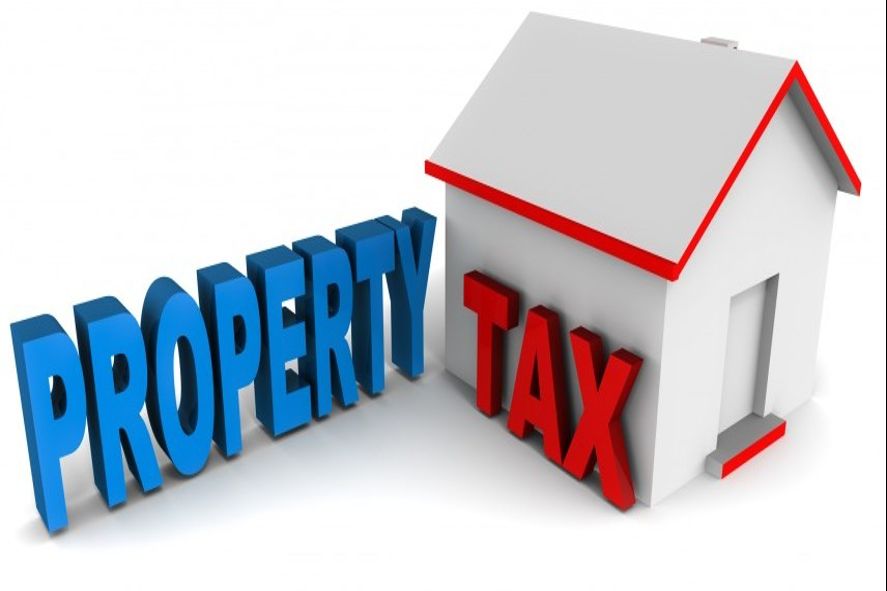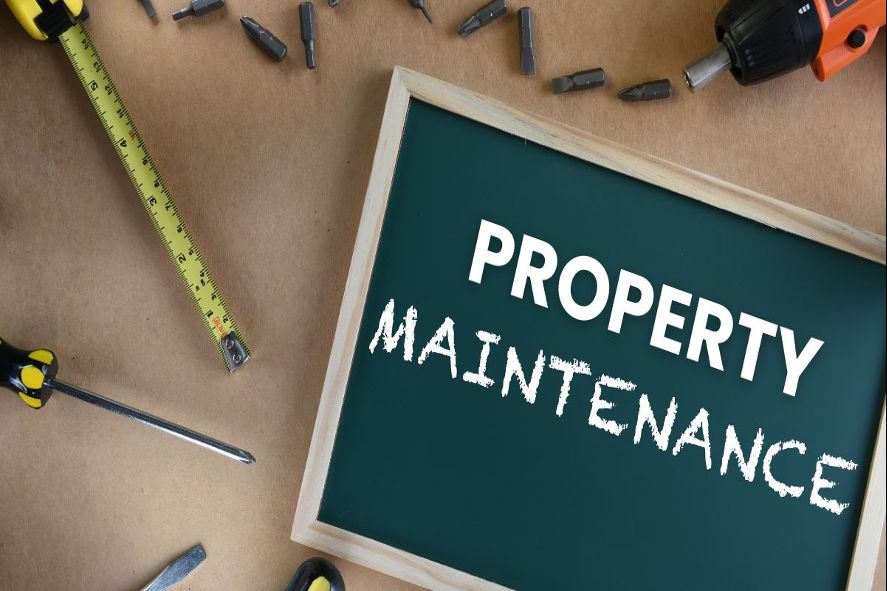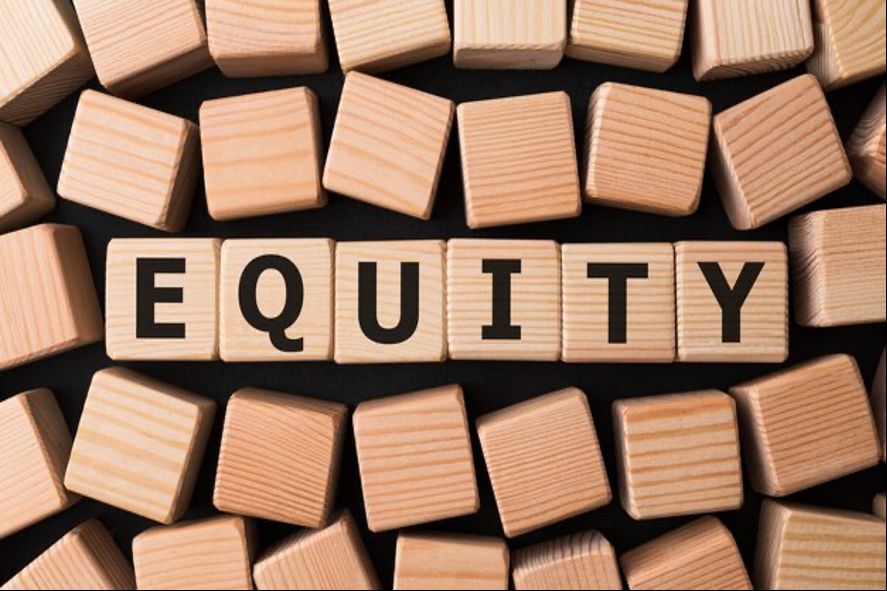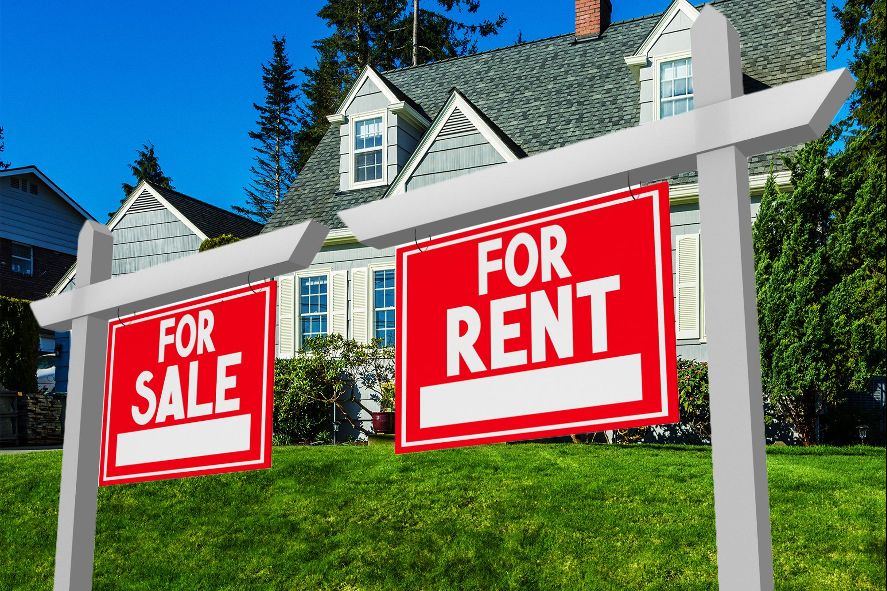Are you wondering whether to invest in rentals or houses for sale? If so, you’re not alone! This is one of the most common questions real estate investors face. Both options can help you build wealth and generate cash flow, but they come with their own unique advantages and challenges.
Understanding the pros and cons will help you decide which investment aligns best with your goals.Let’s dive into the details so you can make the best choice for your real estate journey.
Mortgage & Financing: Which One Is Easier on Your Wallet?

When it comes to financing, the two options differ. With rentals, you’re not typically responsible for mortgage payments unless you own the property yourself. Instead, you receive rental income every month, providing a steady cash flow. Plus, you don’t have to worry about mortgage interest unless you buy the property.
On the other hand, houses for sale require a more hands-on approach with mortgage payments. However, if you secure a low interest mortgage, you can refinance to reduce your monthly payments or use tax benefits to help lower long-term costs. This flexibility makes homes for sale a great option for those wanting more control over their financials.
Property Taxes: What You Need to Know Before Investing

Let’s talk about property taxes a hidden cost many investors overlook. When you buy a home for sale, you're responsible for paying property taxes. Failing to pay taxes could jeopardize your investment.
With rentals, landlords usually handle the property taxes. In some cases, this cost is passed on to the tenants through higher rent, but renters don’t risk losing the property if taxes aren’t paid. If you’re considering investing in rentals, make sure you account for property tax costs, even if they’re passed on to tenants.
Maintenance & Repairs: Who Pays for What?

Another consideration is maintenance and repairs. In rentals, landlords handle most major repairs, but tenants may take care of minor issues. This shared responsibility helps reduce your workload and unexpected costs.
When you buy a house for sale, you take on full responsibility for maintenance. Whether it’s a new roof or a kitchen remodel, the costs are yours. But remember, if you're planning to sell, ensuring the house is in top shape will maximize its value and help you achieve a higher capital gain.
Cash Flow: Which Investment Brings Steady Income?

If consistent income is your goal, rentals might be the right fit. As a landlord, you receive monthly rental income, providing a stable cash flow. Over time, this can build up into a lucrative, passive income stream.
With houses for sale, you’re looking at a one-time income when you sell the property. This is ideal for investors interested in capital gains and making a quick profit. But if you’re after a long-term, steady income, rentals provide the best cash flow.
Equity & Appreciation: Building Long-Term Wealth

One of the biggest advantages of investing in homes for sale is the opportunity for equity and appreciation. Over time, the value of your property increases, and you build equity your ownership stake in the home. If you sell, you can profit from the capital gains.
On the other hand, rentals provide rental income, but you don’t gain equity unless you decide to sell. If you’re focused on property appreciation and long-term wealth, houses for sale offer greater potential.
Which Investment Is Right for You?

Here’s the quick breakdown:
Rentals provide long-term cash flow, stable income, and the potential for a growing real estate portfolio over time.
Houses for sale offer quicker profits, capital gains, and the chance to build equity through property appreciation.
Both are solid income-generating assets, but the right investment depends on your financial goals and risk tolerance.



